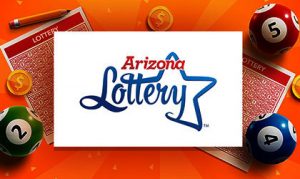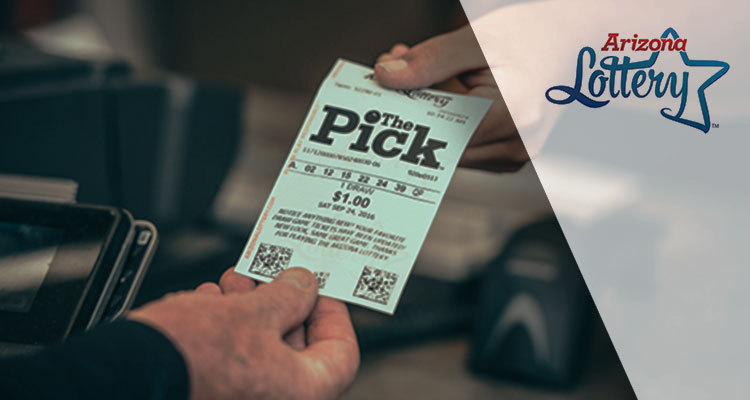For the very first time, the Arizona Lottery’s annual sales have reportedly topped the $1 billion mark, having been aided by sales of instant tickets, sizeable national jackpots and the overall expansion of the gambling business.
While detailed financial results won’t be released by the state agency until after June 30 when the 2019 fiscal year ends, with less than a month remaining lottery sales have already surpassed the $981 million generated during all of 2018.
A repeat of record sales, fiscal 2018 saw a 15.2 percent revenue swell over the year prior as well, according to AZ Central.
Expected records:
Another new record is due to be set as the money that Arizona Lottery gives back to the state is estimated to top $220 million in fiscal year 2020. The money goes to 18 public programs and government agencies throughout the state, per the state agency.
Last fiscal year, various programs and agencies throughout the state of Arizona received nearly $220 million from the lottery. Included in that was $120 million that went to the southwestern U.S. state’s general fund, some $40 million went to universities and the state Department of Health Services received $21 million. Additionally, lottery ticket sales commissions amounting to $66 million was dispersed to retailers throughout the state.
Lottery revenue is on course to generate over $72 million in retailer commissions across the state.

The news agency reports that from every dollar of fiscal 2018 lottery expenses, 66 cents was directed toward prizes, public programs received nearly 22 cents, and almost 7 cents went to retailers, with the remainder going toward other expenses.
According to the Arizona Lottery’s news release, as records are broken new ones are being set, including:
- Annual Instant-win and draw games sales climbing toward historic records – totaling more than $1 billion with four weeks to go before the end of fiscal year 2019
- The state’s Lottery is projected to give back more than $220 million – a new record – to over a dozen vital Arizona programs and services
- Arizona’s own draw game, The Pick, is offering a massive $14.6 million jackpot that is steadily growing
Major accomplishment:
Commenting on the mega-milestone, Executive Director for the Arizona Lottery, Gregg Edgar, said…
“This is great news for all of Arizona as we are all winners with the Lottery. The Arizona Lottery has worked hard for almost 38 years to reach this goal and help make dreams come true for Arizonans by paying billions in prizes and awarding billions more to beneficiary agencies over the years.”
Lottery spokesman, John Turner Gilliland, said that among the states, Arizona ranks 21st in aggregate sales while it holds the No. 2 position for instant-ticket or scratcher sales growth, according to AZ Central.
Contributing factors:
Gaming in the Grand Canyon State has also been bolstered by other trends (expansion) such as the recent announcement by Harrah’s AK-Chin Hotel Casino in Maricopa of the completion of another major investment in the property.
Celebrating its 25th anniversary in May 2019, the Ak-Chin Indian Community-owned and Caesars Entertainment-managed property took advantage of the occasion to reveal its three-year, $180 million expansion/renovation first announced in 2015.

The effort features a new tower that increased the number of hotel rooms to 529 from 300. The lobby has also been remodeled and two new restaurants have been added. Other improvements and or additions include expanded garage space, a new concert/events center with seating for more than 2,000 guests, a new spa/fitness center and a new bingo hall, the first for the Caesars Entertainment Corporation network.
One of Arizona’s 25 tribal casinos and Caesars only property there, the casino is among the largest employers in Pinal County, with some 900 workers. That translates to a lot of jobs for local residents, with area merchants also benefiting from the reported 700,000-plus visitors to the Ak-Chin property each year.
Sports betting:
Sports betting measures have been introduced in AZ, however, the state’s Native American tribes, who are key players in the debate over legalization, remain on opposite sides with some opposed to the idea because of the threat to existing casinos on reservations, and others only supporting legalization if it gives them exclusive rights.
The Navajo Nation is reportedly backing a measure that would see tribes have exclusive operating rights to sports betting off their respective reservations in exchange for a winnings share with the state. That could translate to tribes putting betting kiosks in non-tribal private clubs and bars.



